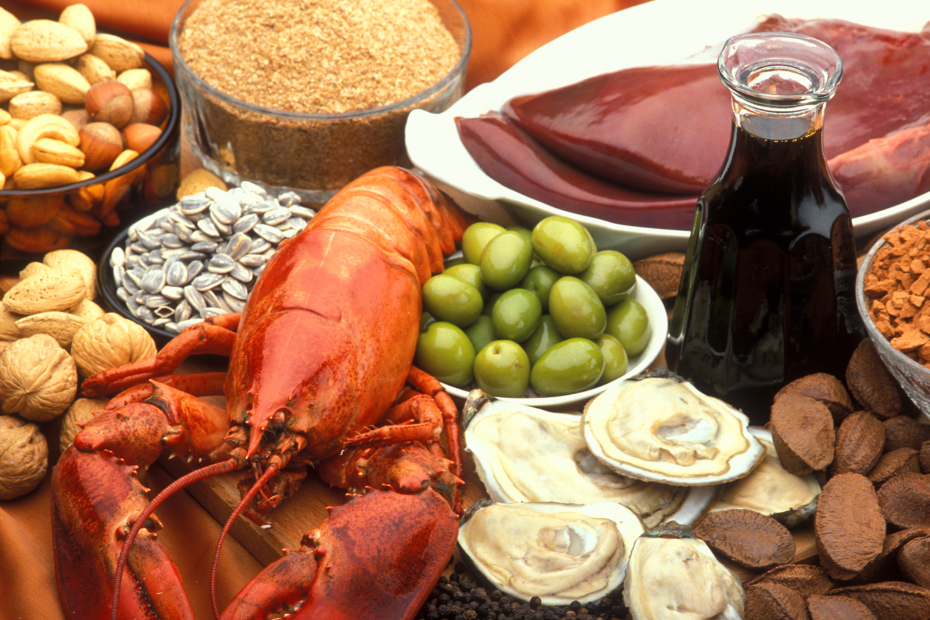These are trace elements that need very little and necessary quantities, such as selenium. Their role is to keep the veins, skin, nails and brain system in shape. In addition to this, he is also an antioxidant, having the role of protecting people from moderate and/or seasonal mental illness.
In case you lack this, you may suffer from disorders of sexual appetite and even optimal levels of hormones involved infertility. Besides these, you may also have symptoms similar to osteoporosis and cholesterol. Before you make the decision to incorporate foods high in copper into your diet, you will need to know why certain amounts should be recommended.
A few foods rich in copper that should not be missing from your diet:
- dry yeast. One teaspoon of yeast (35 mcg) is enough because it has a huge amount of B vitamins and other micronutrients
- oysters can be of several kinds. It differs depending on its origin and feeding and can benefit from 150 mcg. It is very rich in zinc
- a similar amount has 50 grams of red beef liver, although these foods high in copper should not be abused, as they also have significant amounts of harmful toxic waste
- whole wheat bread, it is also very good, and 100 g of bread benefit from 2300 mcg, so once introduced in your diet you will benefit from the recommended daily amount. Remember that the biological or ecological type has more micronutrients and is of better quality. Another option is sprouting (not grass or grass) wheat that reaches 900 mcg
- in addition to the above foods, walnuts have 2250 mcg per 100 gr, walnuts 1500 mcg, almonds 1100 mcg, pine nuts 1000mcg, and the richest are copper nuts (this is another reason to make them incorporate it into the diet)
- whole sunflower seeds and are quite rich in copper, as they benefit from 1800 mcg. In addition to this benefit, they are also an important source of another antioxidant: Vitamin E. Consume carefully, as it can make you fat very quickly.
- Emmental cheese has 1000 mcg in its composition and is the richest copper product in dairy products
- we also supply these trace elements, derived from soy, cocoa, and its derivatives, avocados, and potatoes.
